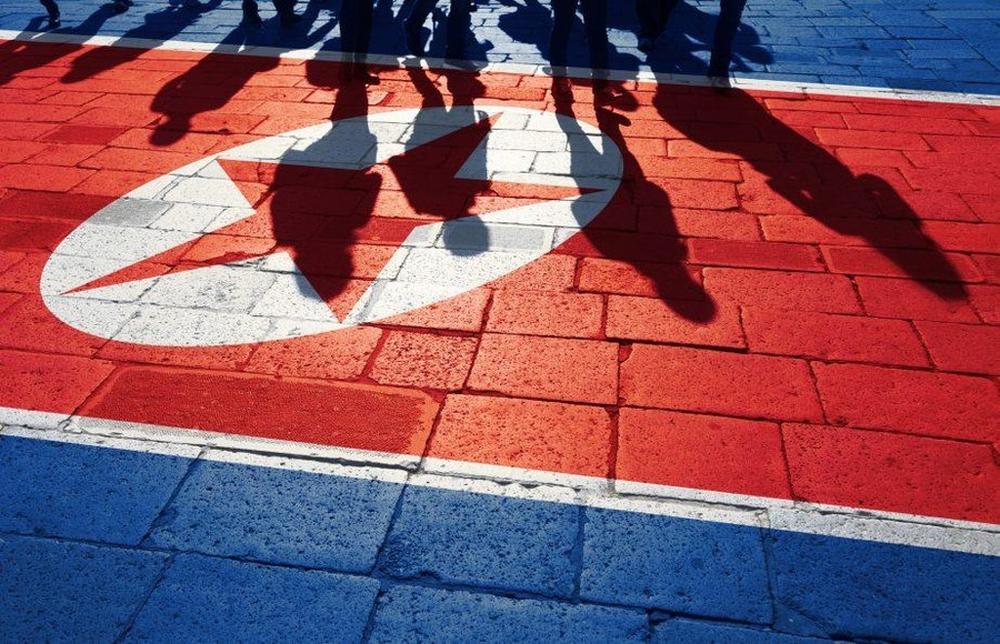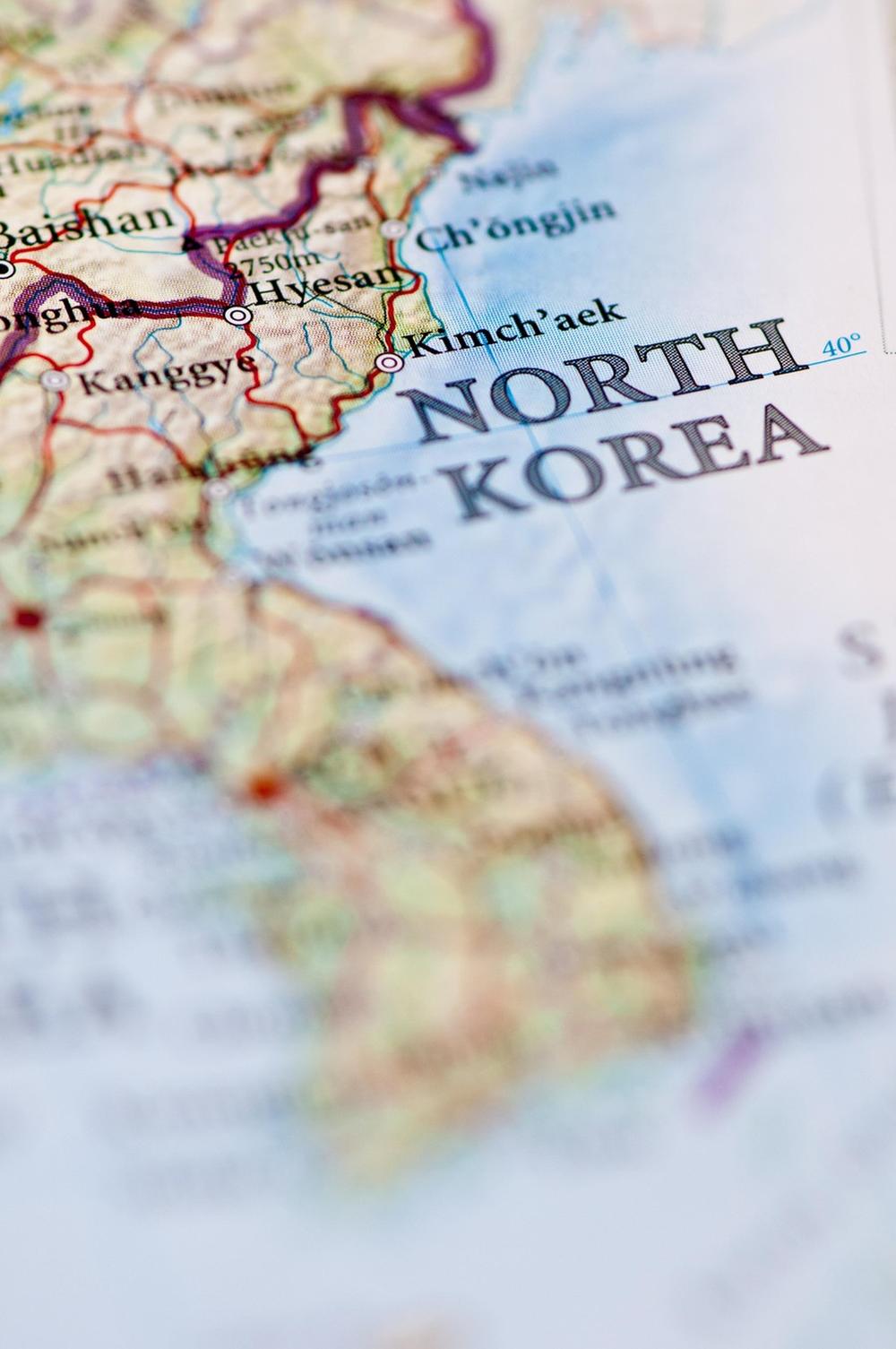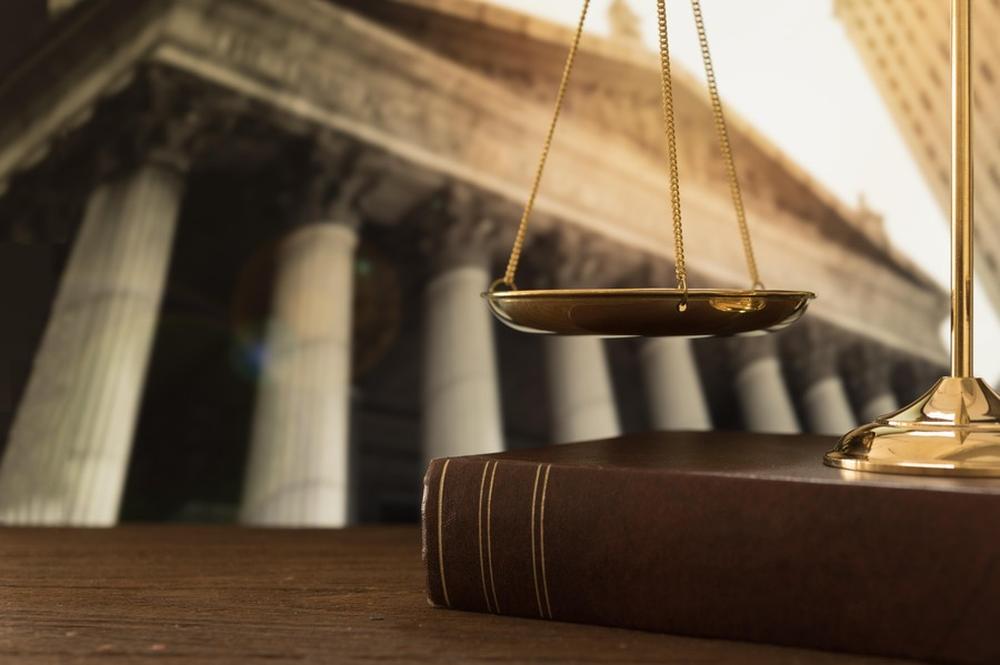- #Multilateral Relations
- #North Korea
- #Sanctions & Human Rights

► Addressing the challenging landscape of human rights abuses committed in North Korea necessitates robust international collaboration, achievable by leveraging the totality of the mechanisms of the United Nations.
► As times change and North Korea becomes a serious threat contributing to conflicts and war crimes around the world, simply voting yes by South Korea is no longer sufficient.
► It is important to raise the political and economic costs of North Korea’s non-compliance with the foundations on which the UN system has been built. Merely focusing on non-proliferation and denuclearization policies without addressing the regime's reliance on massive human rights crimes for its economic survival will be policies that are again destined for failure.
Addressing the challenging landscape of human rights abuses committed in North Korea necessitates robust international collaboration, achievable by leveraging the totality of the mechanisms of the United Nations.
The civil society organizations have been instrumental in driving progress in addressing human rights violations in North Korea at the UN level. They have played a crucial role in establishing important UN initiatives, such as the mandate of the UN Special Rapporteur for the Situation of Human Rights in the Democratic People’s Republic of Korea (DPRK, or North Korea) established in 2004, the UN Commission of Inquiry for the DPRK established in 2013, the UN Panel of Experts on Accountability in the DPRK, and the UN Human Rights Office for DPRK opened in Seoul in 2016. However, these efforts relied heavily on the support and leadership of concerned states as it is the responsibility of the UN member states to translate civil society's information and recommendations into tangible action through UN Resolutions. Historically, EU countries and Japan have taken the leading role on the UN Resolutions on the Situation of Human Rights in the DPRK introducing it first at the UN Commission on Human Rights (currently Human Rights Council) in 2003. Japan's withdrawal from its position as the penholder on the Resolution has created a void. It is time for other countries, such as the Republic of Korea, to step in and fill this role. South Korea has often been overshadowed by its political agenda in the past compromising on universal human rights values by withdrawing support on the Resolution during times of rapprochement with North Korea. However, in its current pursuit of becoming a global pivotal state, assuming co-leadership on the Resolution is crucial as South Korea is a state that has the most at stake on the Korean Peninsula. As times change and North Korea becomes a serious threat contributing to conflicts and war crimes around the world, simply voting yes by South Korea is no longer sufficient.
The United Nations has been consistently addressing the issue of human rights in North Korea for the past twenty years. However, North Korea's track record of non-compliance with the mandates of the UN Human Rights Council surpasses that of any other country. Despite appointing Special Rapporteurs to monitor the situation and promote transparency, their effectiveness relies on North Korea's cooperation, which has been lacking due to the country's denial of access to UN officials and independent experts. Other approaches have been pursued to highlight the North Korea’s problems, such as creation of the UN Commission of Inquiry for DPRK. But even though the COI has uncovered evidence of widespread and severe human rights violations committed at the highest levels of the state, indicating patterns of crimes against humanity and recommended actions to hold North Korea accountable, including referral to the International Criminal Court, ten years passed with a complete lack of progress in implementing the Commission's recommendations. In the meantime, North Korea has enjoyed impunity for human rights abuses while the international community cannot even establish a procedural consequence for a nation that remains non-compliant with the UN human rights system and has consistently defied Security Council’s resolutions.
In the current geopolitical context, the first stratagem would be to leverage the platform of the UN Security Council to bring the human rights situation in North Korea to the forefront of global discourse, which has been fading in the decade since the COI’s groundbreaking report and in the context of pressing issues, such as the war in Ukraine. The membership of South Korea and Japan in the United Nations Security Council (UNSC) presents a unique opportunity. Together with the U.S. the situation creates an unprecedentedly influential tripartite force that can effectively drive collective action within the UN framework stressing the inseparability of human rights abuses and security considerations in North Korea, and fostering a holistic approach to address these intertwined issues.
The United Nations Security Council has always recognized the important relationship between security and human rights. This connection was established from the very beginning of the United Nations after the horrors of World War II. The link between human rights, development, and security forms the foundation of the entire UN system, with - paradoxically - even countries like China and Russia acknowledging its importance on various UN platforms. The Security Council has the authority to address serious human rights violations not only in the context of ongoing conflicts. This is based on the principle that systematic human rights abuses can lead to instability and conflict, posing a threat to international peace and security. As such, the Security Council, under Chapter VII of the UN Charter, reserves the authority to address severe human rights violations as a matter of peace and security. Chapter VII has been invoked in the aftermath of genocide in Rwanda and Yugoslavia establishing the International Tribunals. As such, the Security Council's discussion of North Korea also provides a platform for the consideration of measures intended to ensure accountability and redress for human rights violations. In particular, the issue of referral to the International Criminal Court may be examined as a means of providing justice for victims of grave violations and deterring further abuses. In case of DPRK which is not a state party to the Rome Statute, the possibility of referral is given as a mandate to the UN Security Council. The mandate also extends to adopting preventive measures, enforcing sanctions, or even authorizing the use of force to maintain or restore international security. This confluence of human rights and security underscores the Council's role in not only resolving, but also preventing conflicts, emphasizing the significance of human rights as both a means and an end to achieving sustainable peace.
The connection between security and human rights is crucial when it comes to North Korea. To effectively address the human rights issues in this country, it is necessary for the international community to take a comprehensive perspective that recognizes the complex links between the North Korean economy, weapons programs, and the exploitation of the North Korean people. This exploitation, which involves crimes against humanity, is deeply ingrained in the country's economy, supply chain, and international trade. The profit from such trade not only further reinforces the slavery system in North Korea, but also underwrites its weapons program that poses a threat to global security and peace.
North Korea has been leveraging its comparative economic advantage in trade from its natural resources like coal and gold, its expansive system of forced labor that rivals the cheap labor offered by other Southeast Asian countries, and its investments in weapons that can be sold to contribute to war crimes in conflicts zones such as Sudan, Syria, or Ukraine. The investigations which I have been leading since 2017 put a spotlight on the extortion of quotas of goods from the society, as well as slavery, forced labor and other crimes against humanity in the supply chain of DPRK that contribute to its trade, sponsor its military investments, and further human rights abuses by enriching the North Korean criminal state. The findings of our “Blood Coal Export from North Korea” report indicated that production in extractive industries is based on the state sponsored discrimination and bonded labor of the hostile songbun class, that primarily affects thousands of prisoners, but it also includes thousands of South Korean prisoners of war and their descendants.
However, these intricate connections have never been investigated by the UN Commission of Inquiry for DPRK, nor by the UN Sanctions Committee monitoring North Korean trade, nor were they raised during the annual human rights discussions on North Korea at the UN Security Council. The UN’s stark lack of understanding and recognition of the North Korean economic dependence on human rights crimes and forced labor that underwrite the military and nuclear programs limits the effectiveness of its actions to date, as well as any progress on accountability in the DPRK and promotion of peace on the Korean Peninsula. It is therefore critical for the UN to examine the intricate connections between the ongoing crimes against humanity committed by the highest structures of the North Korean state and incentives for its kleptocratic economy, and the profit it gathers from international trade and investments in weapons. Most importantly, due to these connections, there will never be an incentive for reforms or accountability in the DPRK for the crimes against humanity committed at the highest level of the state. Such pressure can only come from the international community, the UN system and the states that have direct interest in addressing the situation in the DPRK.
In order to truly reshape the United Nations' approach towards North Korea, it is crucial for South Korea, Japan, and the United States, to collaborate strategically. This collaboration should go beyond mere power dynamics within the Council’s chamber and instead focus on addressing the root cause of the problem – the regime's systemic human rights abuses. To tackle this problem effectively, a difficult discussion needs to take place regarding the various approaches that could be employed in the region. It is important to highlight the role of neighboring countries, such as China and Russia, and their complicity in perpetuating North Korean human rights violations. This complicity further enables the regime's excessive military expenditures. To fully understand the complex web of connections, attention must be given to the intricate business relationships that link South Korea, Japan, the US, and the rest of the world with China. Particularly, it is vital to examine products originating from North Korea but produced for Chinese companies and exported to the world, often using forced labor and other human rights violations, including crimes against humanity committed within North Korean prisons.
In conclusion, it is important to raise the political and economic costs of North Korea’s non-compliance with the foundations on which the UN system has been built. Merely focusing on non-proliferation and denuclearization policies without addressing the regime's reliance on massive human rights crimes for its economic survival will be policies that are again destined for failure.
Dr. Joanna Hosaniak has been with the Citizens’ Alliance for North Korean Human Rights (NKHR) in Seoul, South Korea since 2004, currently working as the deputy director of the organization. She is also an Adjunct Professor at the Yonsei University’s GSIS. She received her M.A. in Korean Studies at the Warsaw University and her Ph.D degree at the Sogang University’s GSIS in 2016. Hosaniak led an extensive international advocacy contributing to the establishment of the UN Commission of Inquiry for DPRK in 2013 and the UN Panel of Experts on Accountability in the DPRK in 2016. In recognition of her work, Hosaniak was conferred a title of Seoul Honorary Citizen by the Mayor of Seoul in 2013, and was also named as “100 future leaders of Korea” by Donga Daily newspaper in 2013. She also received Korean Separated Families Award in 2018, and the First Forget-Me-Not Award by Mulmangcho in 2022 for international campaign highlighting the plight of unreturned South Korean prisoners of Korean War.


